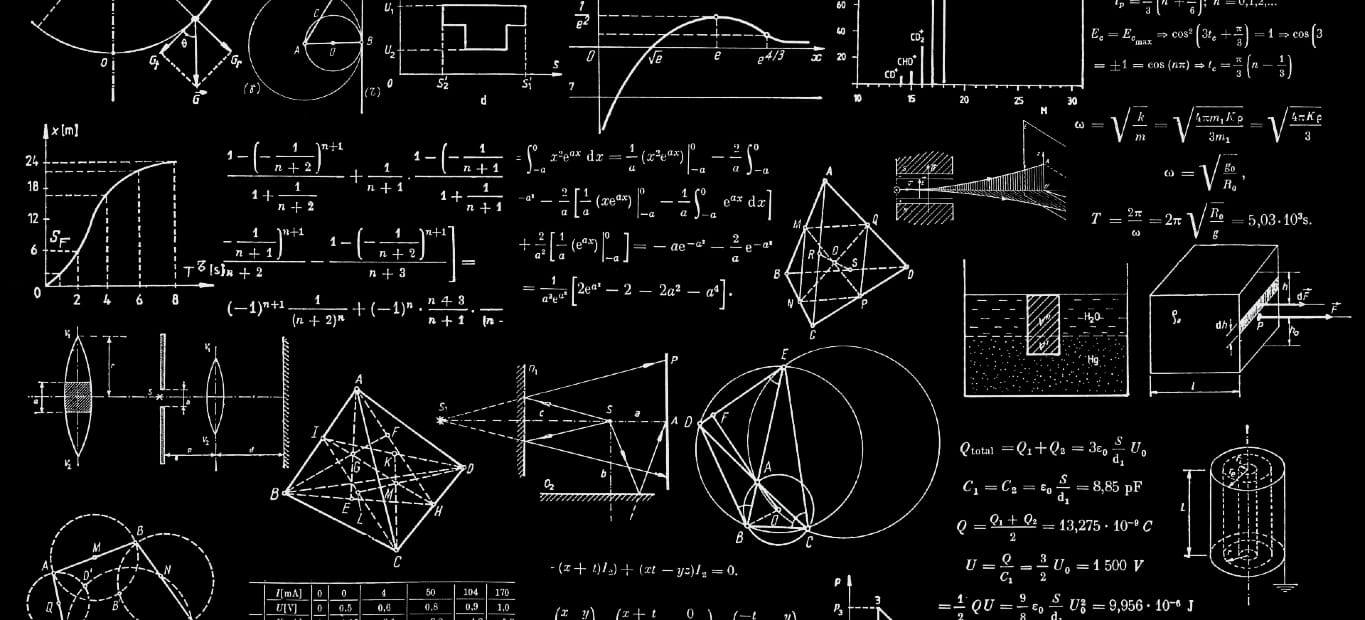What is physics?
Before we begin, it is important to clarify what physics is. Physics is the study of matter and its constituents, in addition to how things interact with each other in space and over time. As you can probably tell, this definition is very broad, which leaves the door open to specialisations in a diverse range of fields.
As a first step, you need to identify what aspect of physics you are interested in. Whether you are fascinated by outer space or you would like to work on making cars more energy efficient, having an initial idea of what field you want to work in can help streamline your physics educational pathway.
Taking your first steps
For many of you, for your first, more serious exposure to physics will come in secondary school.
Studying science subjects for your GCSE's or National 5's will help you gain a good foundation in the subject. If you're deciding between taking triple or double science, we have a dedicated article here that will help you make a decision.
Furthermore, good maths skills will help you you understand and deal with physics problems on the course. However, don’t let struggling with any of these subjects bar you from pursuing a physics career, there’s ways around this. Your teachers will be more than happy to meet with you during lunchtime or after school to go over topics you don't understand. You could even set up a study group with your friends to revise together and teach each other tricky concepts. There's also lots of free resources online, from practice papers to video explanations of key topics.
When studying for your A-levels or Scottish Highers (or international qualifications), you will have to think carefully about what branch of physics you would like to study at higher education. This will help you determine what other subjects to pick, which in turn will allow you to maximise your chances of getting onto the physics course that caters for your academic needs and area of interest.
For example, if you are interested in AI or biophysics, worth studying computer science or biology respectively. You may also wish to do maths and further maths as part of your post-16 programme, given the interconnectedness of maths and physics.
A-levels and Scottish highers aren't the only options for post-16 study, however. Why not complete a vocational qualification? Vocational courses like the Cambridge Technicals in Applied Science allows you to learn practical skills that will be highly valuable in the workplace.
Studying physics at university
If you’re interested in going down the university route, a number of universities offer physics undergraduate degrees. During the first year of your course you will gain a foundational knowledge base, around which you can build your physics degree in subsequent years by picking modules that cover branches of physics that you are interested in.
During your studies you may have the option to do a year in industry, where you are able to apply the theories that you have learnt on your course in a workplace setting.
You may also want to consider doing work placements and internships during your summer holidays, which will allow you to gain invaluable practical skills that will make you more attractive to employers once you graduate.
Doing a master’s degree will not only allow you to specialise further, but will also set you up nicely to potentially doing a PhD in physics. Enrolling specifically on a research-oriented MPhys (Master of Physics) course will teach you the skills necessary to succeed on a PhD programme.
PhDs usually take three to four years to complete and it is the pathway you need to take if you want to become a physics lecturer at a university or delve even deeper into your speciality.
Different routes to physics careers
University is not for everyone, and completing a degree isn’t necessary for a successful physics career. It’s possible to find an entry-level position after completing Sixth Form, and work your way up the ladder. For example, VFX Artists, the people who create high-quality visual effects, don’t need a degree and enter the field as a runner or assistant.
Alternatively, there are a range of physics or physics-related apprenticeships. Apprenticeships are a combination of training and hands-on work experience, and provide a number of advantages. You get paid for the work you complete, and the cost of your training is covered by your employer. You’ll also have a far greater volume of work experience than university graduates, and will receive a highly regarded qualification at the end.
No matter which route you take, studying physics offers a range of exciting career opportunities.
